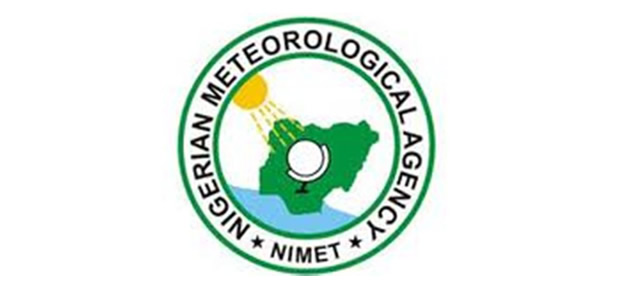Operators and professionals in Nigeria’s aviation sector are currently divided over the recent decision by some airlines to keep flying even when workers of the Nigerian Meteorological Agency (NiMet) were on strike. NiMet is the official agency responsible for providing weather reports to guide flight operations across the country. Their services are considered critical because they help determine whether or not it is safe for aircraft to take off or land at any given time.
NiMet workers began their strike last Tuesday over issues relating to their welfare. The strike, however, was suspended on Thursday after the Minister of Aviation and Aerospace Development, Festus Keyamo, intervened in the matter. During those few days, many expected air travel to be disrupted since pilots and airlines rely heavily on NiMet’s updates. But surprisingly, flights continued to operate across Nigeria’s airports despite the absence of NiMet’s services.
This move has sparked heated debate within the sector. Some aviation experts believe that continuing flights during the strike endangered the lives of Nigerian travellers. They argue that weather reports are not optional in aviation and that operating without NiMet’s input could have caused serious accidents.
On the other hand, some airline operators insist that they broke no law. Speaking for the operators, Chief Executive Officer of Aero Contractors, Capt. Ado Sanusi, defended the actions of the airlines. He said that there are several acceptable ways to get weather information apart from NiMet. According to him, pilots are trained to understand and interpret weather conditions. He mentioned the Pilot Report (PIREP), which allows one pilot to share weather conditions with another, as one of the alternatives being used globally.
Sanusi added that the Nigeria Civil Aviation Authority (NCAA) did not stop any airline from flying during the strike, meaning that no rule was violated. “The pilots too have life, and so they will not do anything unsafe. We have not cancelled or delayed any flight due to the strike. We’re just selective about the airports we operate in,” he explained.
Also responding, spokesperson for Arik Air, Adebanji Ola, said their operations continued as normal and that weather information was obtained through other approved sources. He explained that even aircraft have instruments that provide weather updates, and all their actions followed NCAA’s Standard Operating Procedures.
However, the Nigeria Meteorological Society and the Amalgamated Union of Public Corporations, Civil Service, Technical and Recreational Services Employees took a different view. They jointly wrote to the International Civil Aviation Organisation (ICAO) and the World Meteorological Organisation (WMO), accusing Nigerian airlines of flying without proper weather reports. They specifically mentioned United Nigeria Airlines, alleging that the airline was using “quack” methods to get weather updates. The unions believe this practice is unsafe and poses a threat to passengers.
United Nigeria Airlines has since responded. In a statement by its Public Relations Officer, Chibuike Uloko, the airline assured passengers that its operations were safe and followed all regulatory guidelines. He acknowledged the importance of NiMet but insisted that the airline used other internationally recognised weather sources during the strike.
Meanwhile, the NCAA has said it is aware of the matter. Its Director of Public Affairs and Consumer Protection, Michael Achimugu, promised that the agency would release an official position on the issue.
This development raises serious concerns about flight safety protocols in Nigeria and whether airlines should be allowed to source weather data from outside NiMet, especially during industrial disputes.
